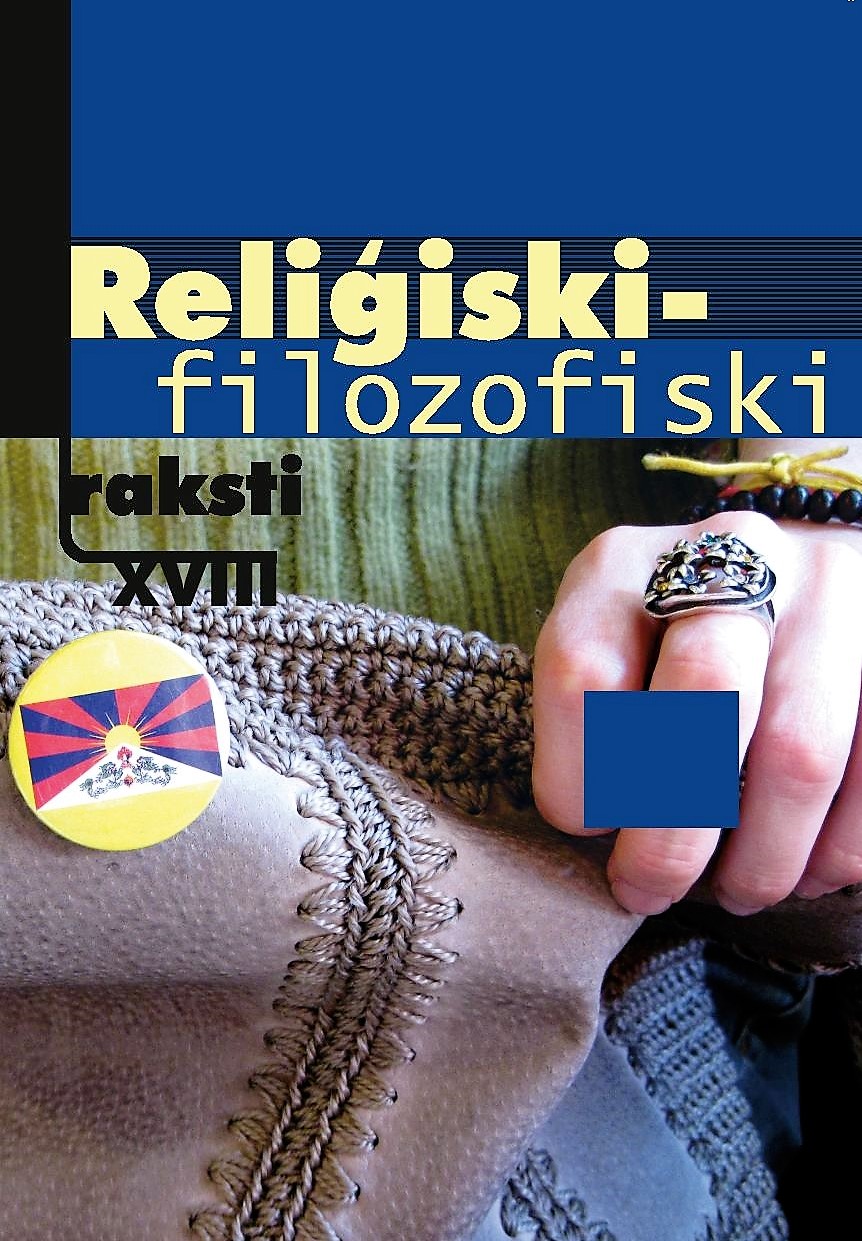POLITISKAIS UN PILSONISKAIS NARATĪVS: LATVIJAS MUSULMAŅU JAUNIEŠU POLITISKĀS LĪDZDALĪBAS NOTEICOŠIE FAKTORI
Political and Civic Narrative: Factors Determining the Political Participation of Muslim Youth in Latvia
Author(s): Anita Stasulane, Jānis PriedeSubject(s): Civil Society, Theology and Religion, Islam studies, Politics and religion, Educational Psychology, Sociology of Culture, Sociology of the arts, business, education
Published by: Latvijas Universitātes Filozofijas un socioloģijas institūts
Summary/Abstract: Analyses presented in this paper are a part of a broader FP7 collaborative research project “Memory, Youth, Political Legacy and Civic Engagement” (MYPLACE) on how young people’s social participation is shaped by the shadows of totalitarianism and populism in Europe. It is based on 32 qualitative in-depth interviews with Muslim youth in Latvia and ethnographic research data. The paper briefly covers problems to determine the number of Muslims in Latvia where the Muslim population constitutes the second or even the third generation of immigrants predominantly from former soviet republics. Assuming that the number of Muslims in Latvia does not exceed 0.4 per cent of the country’s population and on the basis of recent studies on the population in Latvia, the author estimates the maximum possible number of nominal Muslims in Latvia to be 7600 out of a total population of 1.9 million. Since the Muslim community states that 10–20 per cent of Muslims are practising, authors estimate that there are approximately 760 to 1500 practising Muslims. Taking into account the steady emigration from Latvia, the total number of nominal Muslims today in Latvia could be about 5000, and Muslims practising on a daily basis may hardly exceed a few hundred. By fully integrating in Western structures, Latvia has fulfilled all preconditions for becoming one of the destination countries for immigrants. Data show that 92% more applicants asked for asylum in Latvia in 2014 compared to 2013. Difficulties and problems Latvia is facing are not local anymore, but they are incorporated in the common “European dilemma.” The paper provides a summary of findings on the main research question on the factors determining the political participation of Muslim youth in Latvia: access to information, understanding of democracy, capacity to identify problems, attitude towards elections and youth involvement in politics, motivation and capacity to take part in political life.
Journal: Religiski-filozofiski raksti
- Issue Year: XVIII/2015
- Issue No: 1
- Page Range: 62-86
- Page Count: 25
- Language: Latvian

